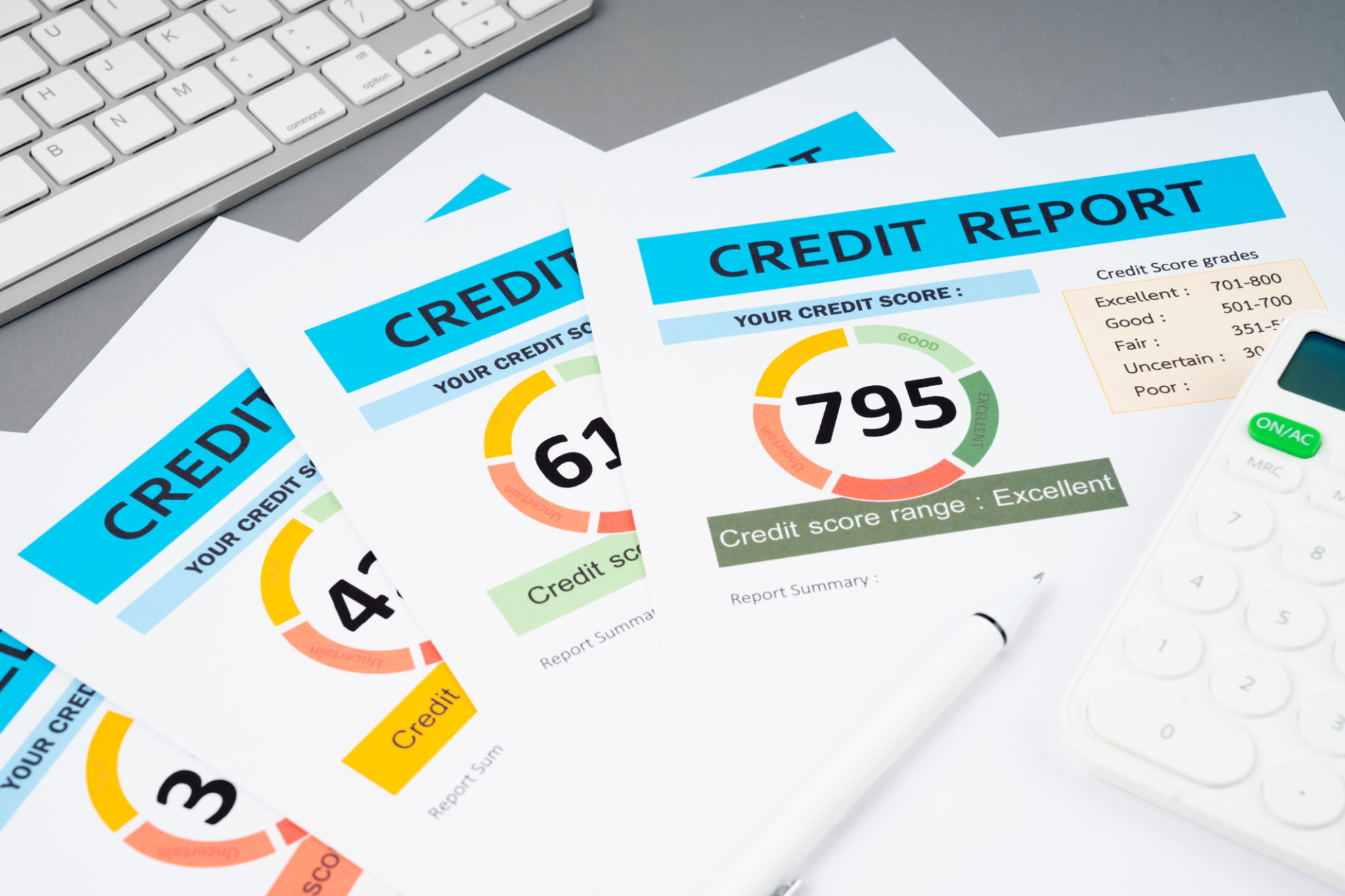Quick Steps to Improve Your Credit Score: A Comprehensive Guide
Understanding Your Credit Score
Improving your credit score is a crucial step towards achieving financial stability. A good credit score can open doors to better interest rates on loans, higher credit limits, and even job opportunities. But what exactly is a credit score? It's a numerical representation of your creditworthiness, based on your credit history. Understanding the factors that influence it can help you make informed decisions to boost your score.
There are several key components that contribute to your credit score. These include your payment history, the amount of debt you owe, the length of your credit history, new credit inquiries, and the types of credit you use. Each of these factors plays a role in determining your overall score, and knowing how they work can provide insight into areas for improvement.

Check Your Credit Report Regularly
The first step in improving your credit score is to check your credit report regularly. This allows you to identify any errors or discrepancies that may be negatively impacting your score. You're entitled to a free credit report from each of the three major credit bureaus—Equifax, Experian, and TransUnion—once a year. Ensure you review these reports carefully and dispute any inaccuracies you find.
Errors on your credit report can range from incorrect personal information to fraudulent accounts opened in your name. By addressing these issues promptly, you can prevent further damage to your credit score and take steps to rectify any mistakes.
Pay Your Bills on Time
One of the most impactful ways to improve your credit score is by paying all your bills on time. Payment history accounts for a significant portion of your credit score, so consistently meeting your payment deadlines can lead to substantial improvements. Consider setting up automatic payments or calendar reminders to ensure you never miss a due date.

Reduce Outstanding Debt
Another important factor in your credit score is the amount of debt you owe. Reducing outstanding debt can significantly enhance your creditworthiness. Start by paying down high-interest debts first, and aim to keep your credit utilization ratio below 30%. This ratio is calculated by dividing your total credit card balances by your total credit card limits.
Creating a budget plan can help you manage your finances more effectively and allocate extra funds towards paying off debts. Prioritizing debt reduction not only improves your credit score but also alleviates financial stress.
Avoid Opening New Credit Accounts Unnecessarily
While it might be tempting to open new credit accounts to increase your available credit, doing so can sometimes backfire. Each new credit inquiry can slightly lower your score, and too many inquiries in a short period can suggest financial instability. Instead, focus on managing your existing accounts responsibly.

Maintain a Healthy Mix of Credit
Having a diverse mix of credit accounts, such as credit cards, auto loans, and mortgages, can positively impact your credit score. However, it's important to manage these accounts wisely and avoid taking on more debt than you can handle. Demonstrating responsible usage across different types of credit shows lenders that you are a reliable borrower.
Improving your credit score takes time and dedication. By following these quick steps and maintaining good financial habits, you'll be well on your way to achieving a healthier credit profile. Remember, patience is key; consistent positive actions will yield results over time.